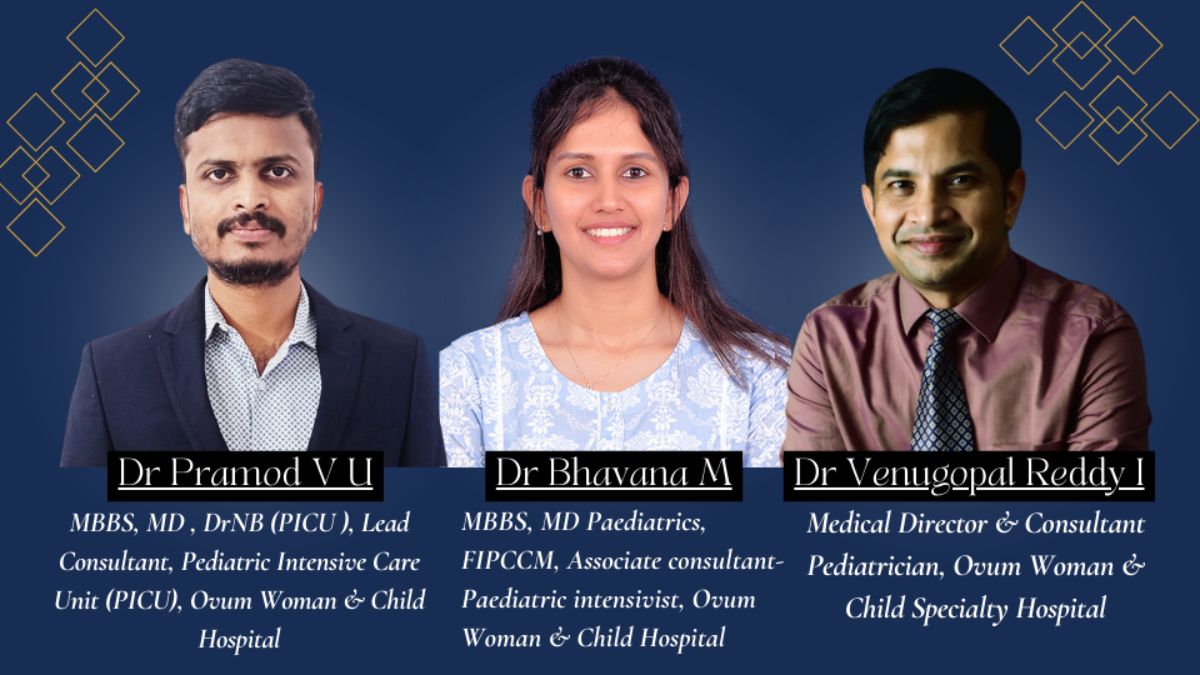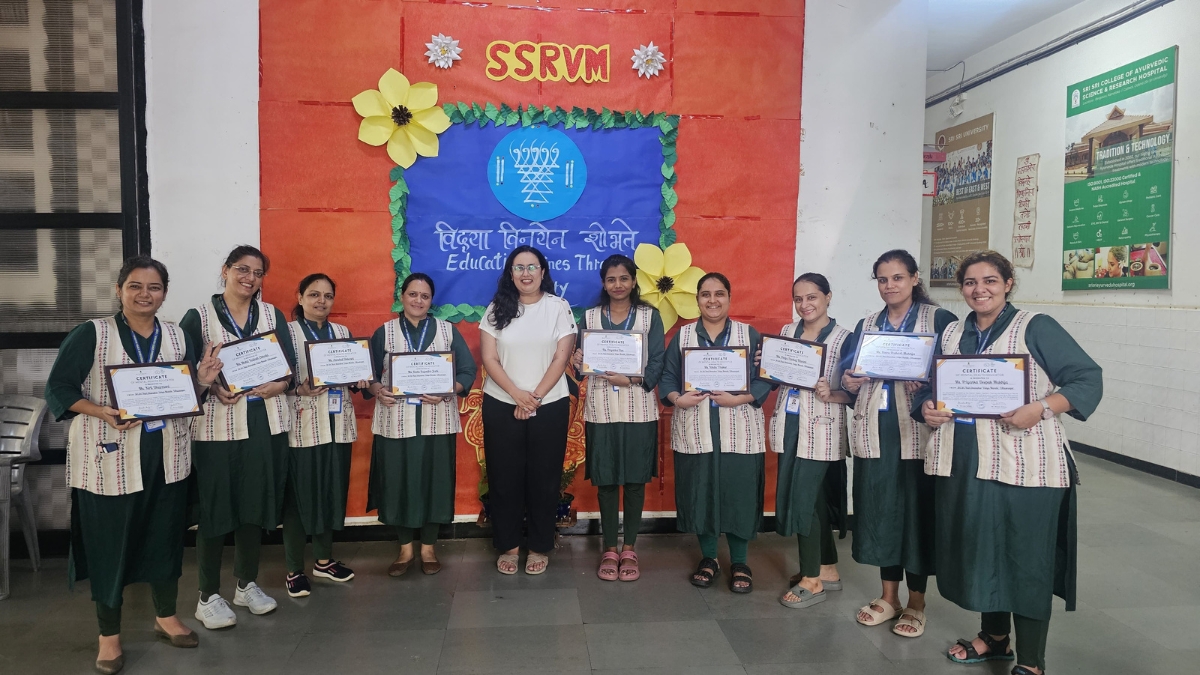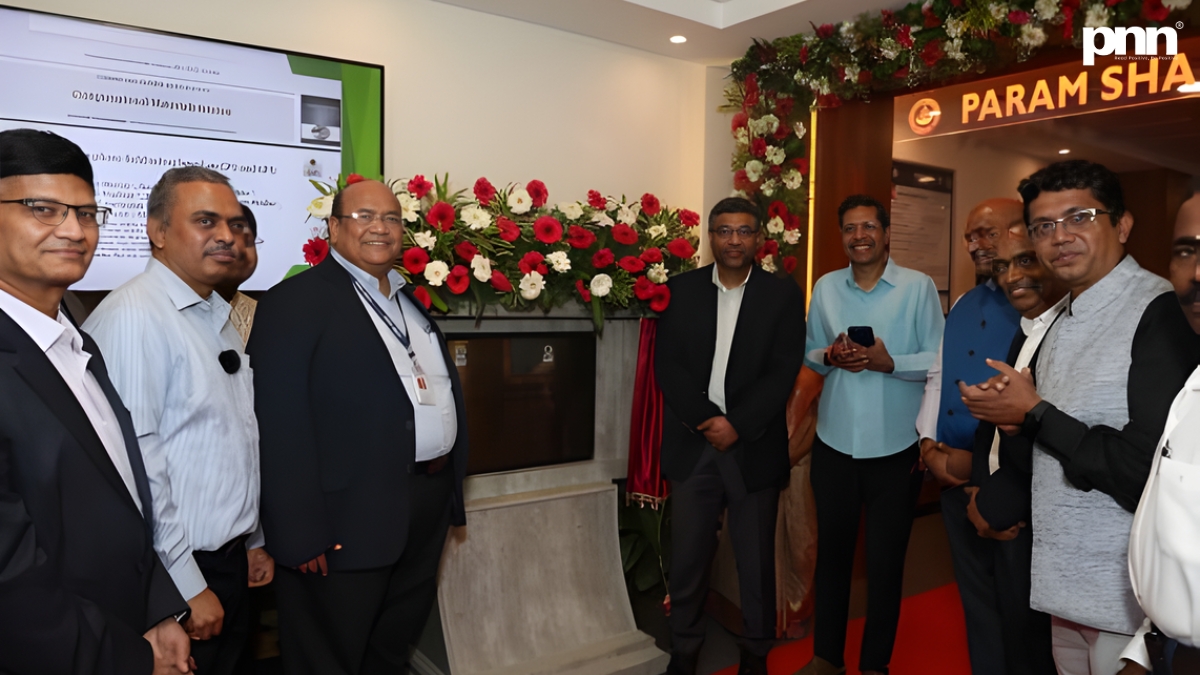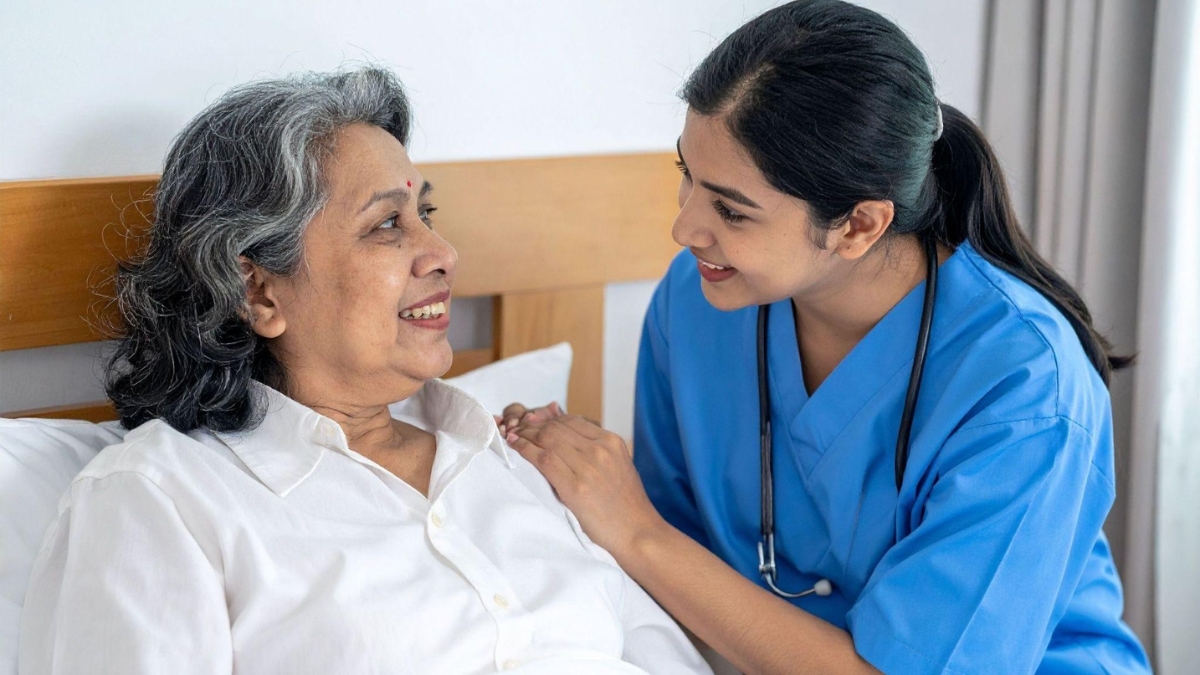
Bangalore (Karnataka) [India] October 15: Dr Pramod VU, Dr. Bhavana M and Dr. Venugopal Reddy I, Pediatric Team at Ovum Woman and Child Hospital, Bangalore, explain everything a parent needs to know about Pediatric Poisoning.
What is Pediatric Poisoning:
Poisoning in children is a major concern for parents and caregivers, with most cases occurring at home. Children under the age of 5 are at the highest risk of accidental poisoning due to their natural curiosity. They often explore their surroundings by touching, tasting, and handling unfamiliar objects, which can sometimes lead to dangerous exposures. Poisoning can occur through ingestion, skin contact, inhalation, or exposure to the eyes. It’s important for parents to recognize the signs and respond quickly.
In some cases, poisoning may go unnoticed until a sudden change in a child’s behavior, such as confusion, drowsiness, or even seizures. In these situations, parents should immediately suspect poisoning, especially if the child was left unsupervised.
Common Signs and Symptoms of Poisoning:
While some children may not show symptoms right away, it’s crucial to be aware of possible signs of poisoning, including:
- Sudden confusion or drowsiness
- Seizures or fits
- Stomach pain and vomiting
- Breathing difficulties or swallowing problems
- Unusual restlessness or agitation
- Burns or damage to the mouth or throat
What to Do (and Not Do) if Poisoning is Suspected:
Do’s:
- Seek immediate medical help.
- Remove any contaminated clothing and wash the skin if a substance was spilled.
- Take the child to the hospital even if they seem fine, as symptoms may take time to appear.
Don’ts:
- Do not try to make the child vomit as this can cause more harm.
- Do not give the child food or drinks until advised by a medical professional.
Common Household Toxins:
Children can be exposed to various toxins, and parents should be aware of some of the most common culprits:
- Household products like mosquito repellents, camphor, and essential oils
- Medications such as paracetamol, antihistamines, sedatives, and antidepressants
- Cosmetic products including nail polish and perfumes
- Household chemicals like cleaning liquids, paint thinners, and pesticides
- Alcohol and other illicit substances
Hospital Treatment:
When you arrive at the hospital, the medical team will need detailed information to provide the best care. It’s important to tell them:
- What you think the child was exposed to
- How long ago it happened
- How it was taken (swallowed, inhaled, etc.)
- How much of the substance was ingested (if known)
Possible Treatments:
- Monitoring: Vital signs such as heart rate, blood pressure, and breathing are closely watched.
- Stomach wash: This may be performed if the child is seen within two hours of ingestion.
- Activated charcoal: It can be used to bind the toxin and prevent further absorption into the bloodstream.
- Antidotes: Certain toxins have specific antidotes that can reverse the effects.
- Ventilator support: In severe cases, a breathing machine may be required.
- Anti-seizure medication: This is given if the child experiences seizures.
- Dialysis: This can help remove toxins from the body in extreme cases.
Tests and Investigations:
To diagnose and assess the severity of poisoning, the medical team may perform blood tests, ECGs, and toxicology screens to detect and measure the levels of various substances.
Prevention Tips for Parents:
- Always follow the correct dosage for medications as prescribed by your pediatrician.
- Keep all medicines, cleaning products, and chemicals securely out of reach and sight.
- Store chemicals in their original containers—never transfer them to food or drink bottles.
- Teach children that medications are not “sweets” to prevent accidental ingestion.
- Use childproof locks on cabinets that store hazardous substances.
By taking these precautions, parents can significantly reduce the risk of accidental poisoning at home.
Pediatric poisoning is preventable. Raising awareness and taking simple safety measures can protect your children from the dangers of household toxins. In case of accidental exposure, quick and informed action can make all the difference. Stay vigilant, and don’t hesitate to seek medical help when needed.
Disclaimer: The article is for general information purposes only and should not be construed as professional medical advice. Always consult your doctor before taking any step.








